Contents
What Is Fear?
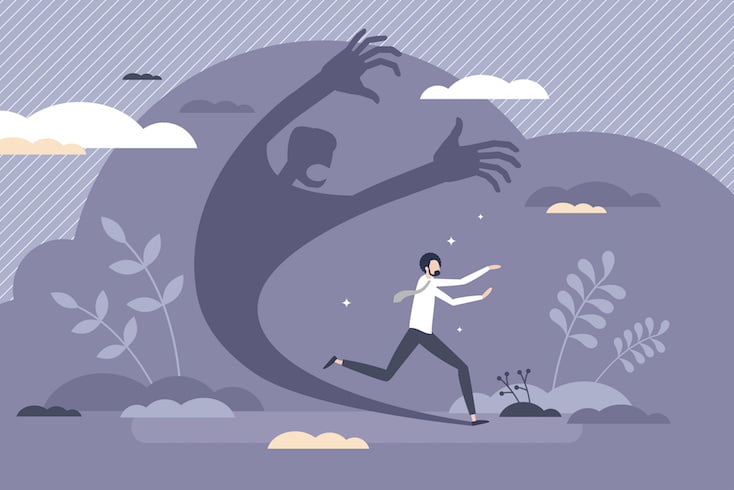 Fear is a response to a threat that causes an animal or human being to rapidly determine responses and behaviors in order to protect itself from danger. The fear response involves the body’s physiological changes, mental processes, emotional states, and behavioral reactions. Fear also means that a person is aware of their exposure to danger. The responses to fear are Fight, Flight or Freeze.
Fear is a response to a threat that causes an animal or human being to rapidly determine responses and behaviors in order to protect itself from danger. The fear response involves the body’s physiological changes, mental processes, emotional states, and behavioral reactions. Fear also means that a person is aware of their exposure to danger. The responses to fear are Fight, Flight or Freeze.
The amygdala is the center of fear in the brain and it stores memories about frightening experiences.
Fear can also be learned through conditioning so that an animal learns to associate a stimulus with something unpleasant. These are such as electric shock training for dogs. Fearful responses can include changes in heart rate, blood pressure, breathing patterns (such as hyperventilation), sweating, and shaking. These all prepare you to respond quickly if needed by fight or flight.
Types of Fear
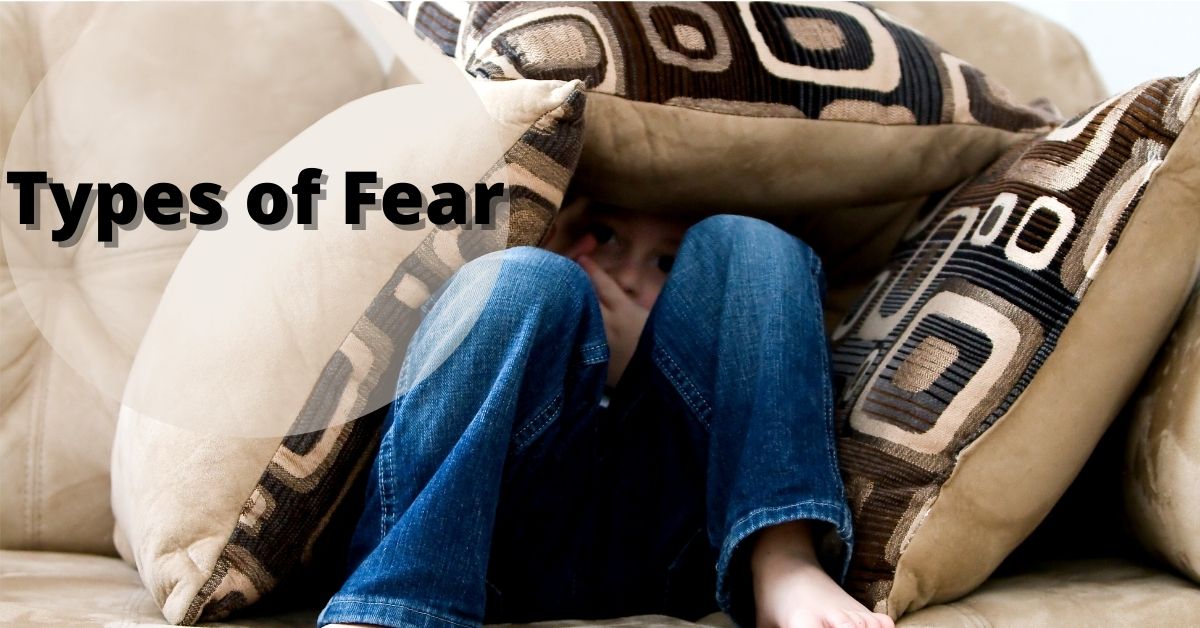
These are some types of fear:
PTSD (Post-traumatic Stress Disorder)
Fear of the feelings and memories associated with a traumatic experience, such as sudden violence or abuse; persistent frightening thoughts and memories from past experiences; nightmares; exaggerated startle response to noise, touch, or any reminder of the event etcetera.
Obsessive-Compulsive Disorder
Irrational fears can cause anxiety-like fear about germs and contamination which leads someone to be very clean and wash their hands frequently; extreme concern for symmetry in order not to offend something bad will happen if they don’t take action etcetera.
Social Phobia
Fearful responses to social situations where you might feel embarrassed because you are afraid people will judge you etcetera.
Generalized Anxiety Disorder
People who experience this are always worried about something. They always find it difficult to control the worry. They may be unable to think of anything but their worries or constantly predict disaster, which can interfere with daily life at home, school, or work, etc.
Agoraphobia
Fear of being in open spaces or outdoors. Fear by the thought of anything, like agoraphobia. People with this condition develop anxiety about situations. They associate with panicking and/or embarrassing themselves. For example, large crowds; social gatherings, etc.
Panic Disorder
People who experience this disorder feel intense fear that is not present in the situation, but they don’t know why. They have a physical reaction to it as if their bodies are warning them of danger etcetera.
Separation Phobia
When someone fears being separated from a parent or other attachment figure. They may experience difficulty separating without experiencing fear.
Symptoms of Fear
These are the symptoms of fear :
- pounding heart.
- rapid breathing, or shortness of breath.
- trembling or shaking.
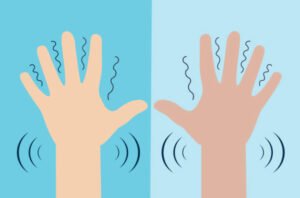
- feeling weak in the knees, dizziness, light-headedness, or faintness.
- sweating and nausea (feeling sick).
- cold, clammy hands and/or feet.
- dry mouth.
- fear of losing control or going crazy; fear of dying.
- dread about what is happening to you at that moment and its implications for your life
Responses to Fear
There are three common types of responses to fear:
- Fight or Flight
- Freeze (or “playing dead”)
The Fight-or-Flight Response
When someone experiences this it means their sympathetic nervous system has activated. This causes many changes including heartbeat quickening, pupil dilation, slowing down digestion etcetera. An example of this would be when you are in the dark and hear a noise.
Freezing (or “Playing Dead”)
When someone experiences this it means that their parasympathetic nervous system has activated causing many changes including pupil constriction, increased blood pressure, slowing heart rate etcetera. An example of this is when you see something moving out of the corner of your eye which turns out to just be leaves blowing but for a moment think there’s someone or something else nearby so stop breathing completely until you know what it was.
Causes of Fear
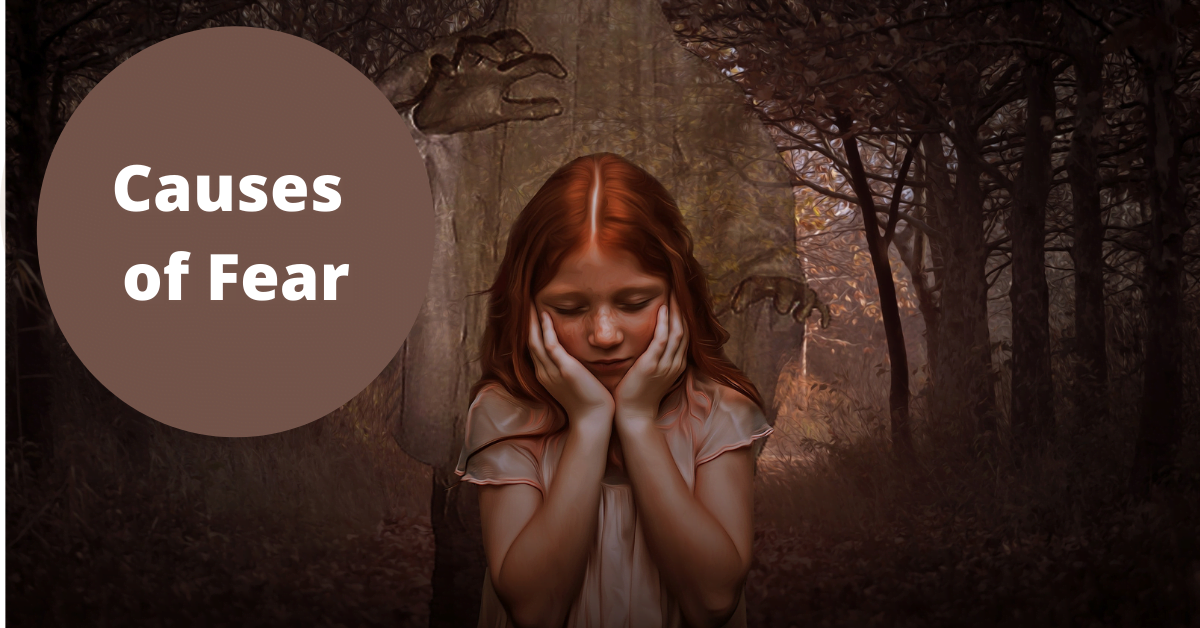
These are some causes of fear:
- Extremely Negative Past Experiences
- Lack of Education about Fear
- Unfounded Fears, such as fear of ghosts or aliens.
- Fearful Thoughts and Imagination
- Fear by Parents and/or Peers.
- Exposure to Fear-Inducing Situations, such as the Threat of Danger or Physical Harm.
Diagnosis of Fear
The diagnosis of fear is not a specific medical condition in itself, but rather refers to the fact that an individual is experiencing fear. You can diagnose it by examining the person’s symptoms, thoughts, and feelings.
The diagnosis of fear is generally made by taking a psychiatric history and performing an examination, which includes lab tests or psychological evaluation. The person should have at least three weeks of symptoms that are distressing enough to interfere with their daily life in order for it to be diagnosed as fear disorder etc.
There are some other tests such as self-tests or a neuropsychological assessment. These tests can help to rule out other conditions.
Treatment of Fear
There are many different treatment options available for the management of fear including medications, psychotherapy (or “talk therapy”), support groups, coping strategies etcetera.
Medications
 Medications will only treat the physical effects and not address any underlying issues; they may also cause undesirable side-effects such as headaches, nausea which require you to stop taking them. You can use medications for a shorter period of time, usually no more than six months.
Medications will only treat the physical effects and not address any underlying issues; they may also cause undesirable side-effects such as headaches, nausea which require you to stop taking them. You can use medications for a shorter period of time, usually no more than six months.
Psychotherapy
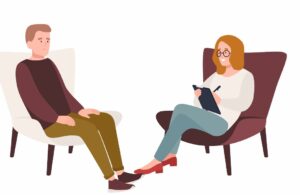 Psychotherapy (or “talk therapy”) is the most common type of treatment and involves talking about your fears with a mental health professional including how it affects you; what may have caused them etcetera. This will help to gradually overcome whatever has been causing fear by teaching people new ways to cope with their anxiety or stress which can reduce symptoms like heart rate/breathing etcetera.
Psychotherapy (or “talk therapy”) is the most common type of treatment and involves talking about your fears with a mental health professional including how it affects you; what may have caused them etcetera. This will help to gradually overcome whatever has been causing fear by teaching people new ways to cope with their anxiety or stress which can reduce symptoms like heart rate/breathing etcetera.
Support Groups
 Support groups bring together people who are experiencing similar emotions in order to share experiences; this helps individuals feel less alone as well as provides information that could benefit others around them such as coping strategies, medications required, etc.
Support groups bring together people who are experiencing similar emotions in order to share experiences; this helps individuals feel less alone as well as provides information that could benefit others around them such as coping strategies, medications required, etc.
How To Cope-Up With Fear?
Coping up with fear is very important because it could lead to something much worse if not addressed. There are some ways you can cope which include:
- Make your environment feel safe and secure by removing anything that may be causing fear or stress, for example leaving the room with a window open in case of fire etcetera.
- Learning about fears is important because this gives you information on what causes them as well as how they affect people. This will help control them better because now you know why they’re happening. This is instead of just having inexplicable feelings come over you.
- Exercise helps release chemicals called endorphins. These chemicals can reduce anxiety symptoms by up to 60%. This can be done at home or even simply taking short walks outside every day if possible. It is important to ensure you do a low-impact workout that is moderate in intensity and not over-exerting yourself as this may cause symptoms of anxiety to worsen.
- Taking time for ourselves or doing something we enjoy will help give our mind a break from any negative feelings that have been causing fear, it could be anything such as reading books/watching movies etcetera.
- Talking to someone about the issues you’re facing because sometimes just having someone listen without judgment can make all the things feel better even if they don’t fully understand what’s going on; this person should however be trustworthy and non-threatening so finding a good friend works well too! This has also been proven effective with people who are mental health problems like depression where talking to a therapist or counselor has been proven to reduce symptoms by up to 50% etc.
Facts About Fear
- People who have fear disorder can experience their fears even when there is no apparent danger or threat to them. This has caused some people to die from a heart attack as they were trying to escape something that wasn’t really occurring etcetera.
- Apparently, phobias are being passed down from generation to generation as people who have been diagnosed with a fear disorder often pass it on to their children because of the strong genes involved.
- The most common age range that is usually diagnosed with some form of the fear disorder is between 20-35 years old which could be due to many reasons such as stress levels increasing at work etcetera. Fear disorders also affect males and females equally although girls/women tend to develop more anxiety-based fears rather than specific ones like men do.
- Fear also means that you have an increased awareness of your surroundings and the people around you which is why it can be so hard to get past, especially if there isn’t anyone else who understands how we feel.
- There is no direct relationship between anxiety disorders and fear because all fears can lead to an anxiety disorder if left untreated, however, without some form of treatment there will be an increase in fears, and those increases will lead to a higher chance of having an anxiety disorder.
- People who fear brains believe that the brain is the source of everything we do – including our feelings, thoughts etcetera. Those who fear computers feel as though their lives are being controlled by them or they have no control over one at all, for example when it crashes without warning or suddenly stops working completely, etc.
Conclusion
We all fear things. It’s natural to feel scared about something, but it doesn’t mean you should let that stop you from doing what needs to be done. Our brains are wired for survival and will always try to protect us in any way possible by making us fearful of change or the unknown. But if we can find ways to overcome our fears by taking small steps towards overcoming them, then we’ll set ourselves up for success and a feeling of accomplishment. So why not take the first step today? Let’s help each other get past these daily hurdles so we can live life more fully than ever before.
Understanding the brain’s response to fear can help you avoid it in your marketing. One of the most powerful emotions that people experience is fear, which has a huge impact on their decision-making process.
If you are looking for affordable Online Counseling MantraCare can help: Book a trial therapy session


